Annual Giving campaign: A tradition of giving grows stronger every year
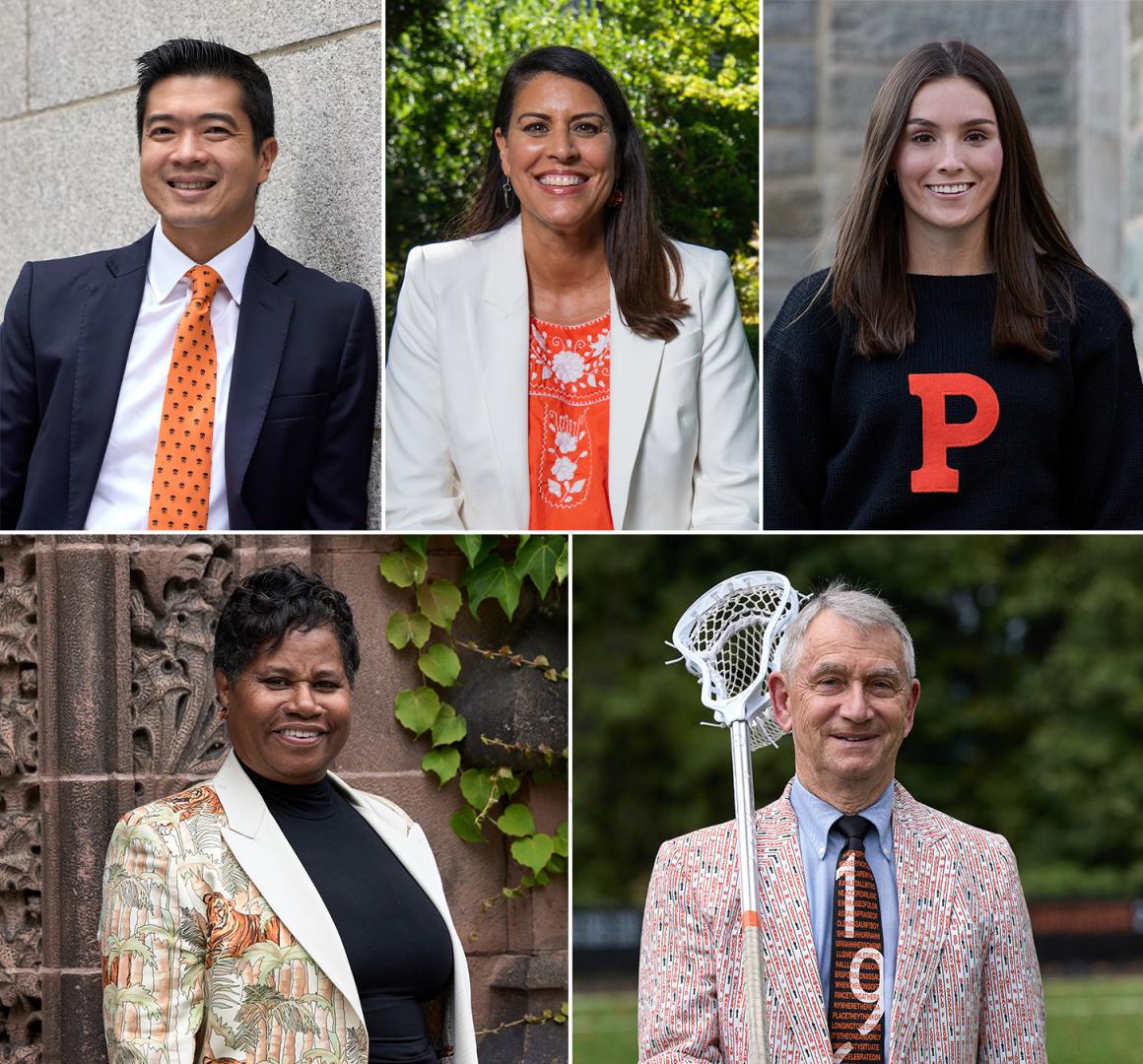
For 83 years, Annual Giving has united the Princeton community and extended Princeton’s transformative educational opportunities to current and future generations of students. These unrestricted funds are used to support the University’s highest priorities and enable Princeton to stay at the forefront of teaching and research.
Since Annual Giving was established in 1940, nearly 90 percent of undergraduate alumni have given at least once in support of Princeton’s mission and values. One such alum, Edward Simsarian ’45, embodied Princeton’s Annual Giving tradition, contributing regularly for 76 years. He died this summer near his home in Worcester, Mass., at the age of 98. Simsarian was a World War II veteran, class historian and attorney who practiced law for more than 65 years.
In recognition of his giving spirit, we mention his story here along with those of five other alums who shared why they participate in Annual Giving as part of the “I Give Because” campaign. The campaign brings together Princetonians of all decades and highlights how each of their individual contributions to Annual Giving adds up to make a meaningful impact.
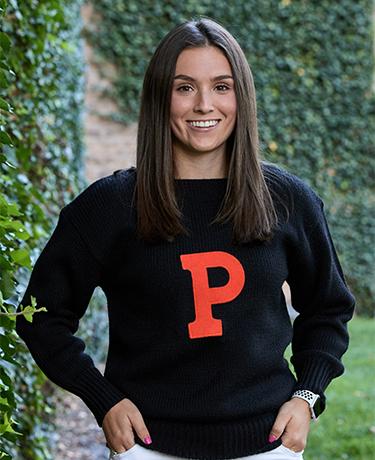
“Princeton gave me incredible opportunities, and I want to pass on my love for this place to someone else.”
Playing field hockey for Princeton gave Krista Hoffman ’20 a competitive edge in her career as a strategy consultant. “Field hockey is all about precision, speed and teamwork, which are all vital to everything I do,” said Hoffman, who was part of a team that took home two Ivy League titles and played in the 2019 NCAA championship. “As a student-athlete, I was surrounded by the best and the brightest, and they pushed me to think critically and unconventionally.” Despite being scattered across four different time zones, she and her former teammates still talk every day. “Princeton isn’t just somewhere you are for four years — it’s forever.”
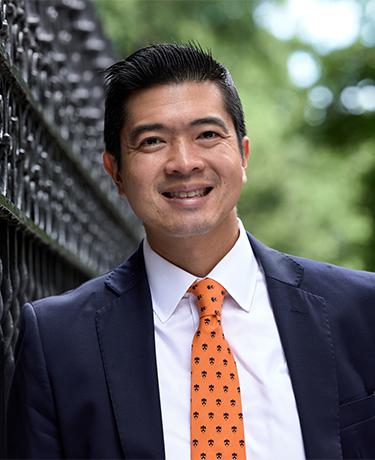
“I want to provide more students access to the life-changing opportunity of a Princeton education.”
James Tieng ’04 believes so strongly in the transformative power of education that he co-founded an investment firm to back innovative education technology companies. “Access to high quality education can level the playing field for people all around the world,” Tieng said. He learned this from his parents, who both left the Philippines to attend graduate school in the U.S. “For them, education was the bridge to a different part of the world.” In addition to meeting his wife, Gabrielle Leong Tieng ’03, at Princeton, Tieng also benefited from entering his professional life debt-free. “Our class was the first to graduate with no-loan financial aid, and I want more students to benefit from being unencumbered by debt.”
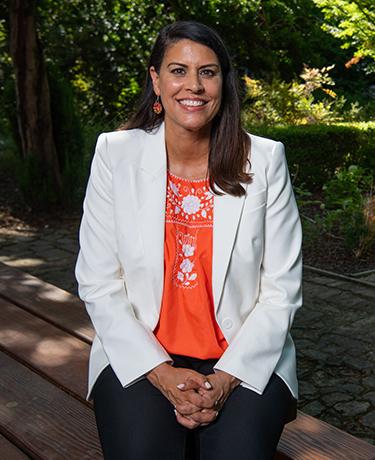
“I want more first-generation students to be able to come to Princeton and receive an unparalleled education, debt-free.”
Margaret Sena *17 met her husband, Robert Crews *99, when they were both graduate students in the Princeton history department. Life and children interrupted her studies, but she returned to them years later, eventually walking across the stage with her children to receive her doctorate. “I’m extremely proud of the fact that I finished my doctorate as a working professional,” she said. Now an assistant dean at Stanford and former president of the Association of Latino Princeton Alumni, she encourages students to complete their degrees even when they’re working. “As a first-generation, lower-income student, I’m so very grateful to Princeton for funding my graduate degree and having faith in me.”
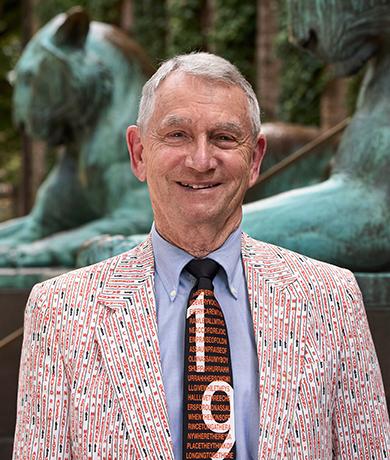
“Princeton has done so much for me, and I care about what Princeton can do for others.”
Bryce Chase ’63 likes to say he bleeds orange. As the son of constitutional law professor Harold Chase ’43 *54, he grew up in Princeton and has worked as a Princeton-area attorney since 1966. “My time at the University was transformative, and my volunteer work since has been immensely enriching.” Chase served as an Annual Giving volunteer, as a P-rade marshal, and as a volunteer assistant men’s lacrosse coach for more than 50 years, including the stretch between 1992 and 2001 when Princeton won six NCAA titles. The lacrosse guru was on the sidelines for at least 525 straight Tiger games. “I enjoy helping these young men build their affection for our alma mater and setting an example of paying it forward.”
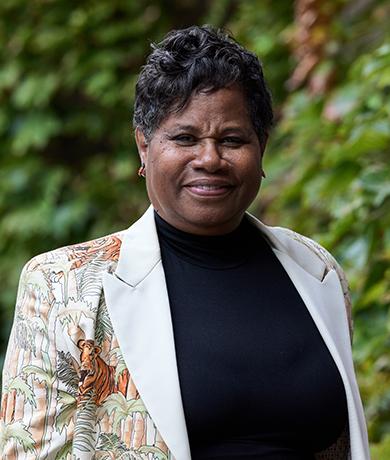
“Graduating without debt is life-altering, and I want the next generation to have the best chance to succeed.”
When it comes to volunteering her time, Karen Ali ’78 always says yes: “It’s how I was raised — we’re one of those families.” Her parents, Ruth and John, stressed the importance of giving back. While they didn’t go to college, her parents made sure that all four Ali daughters went and that they always gave 150 percent to what they were doing. With financial aid, Ali was able to graduate from Princeton with high honors and go on to law school. “I’m passionate about my experience at Princeton and my time after graduation,” said Ali, a dedicated Annual Giving class agent. “Everyone I’ve met in the Princeton community is always willing to help. And that’s why I volunteer and give back.”
Unrestricted gifts to Annual Giving go directly into the University’s operating budget for the benefit of Princeton’s students, faculty and programs. These flexible funds from undergraduate and graduate alumni, parents and friends allow the University to seize new opportunities, respond to unexpected challenges, and support a pioneering financial aid program that makes a Princeton education possible for all admitted students. The 2023-24 Annual Giving campaign concludes June 30, 2024.


